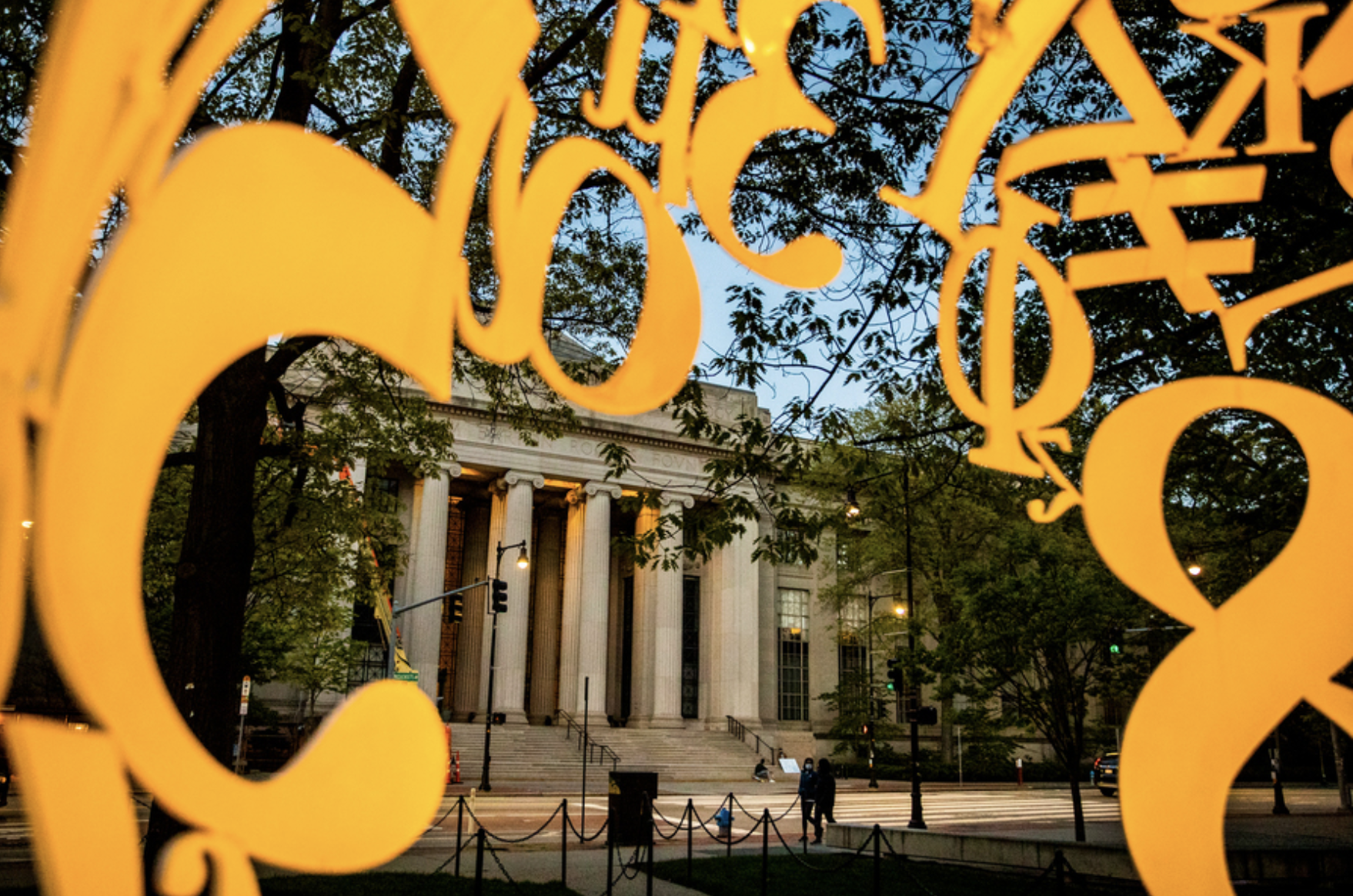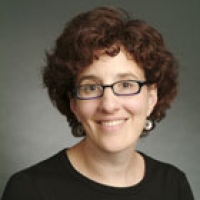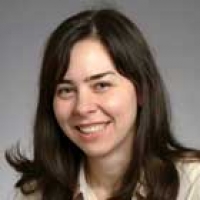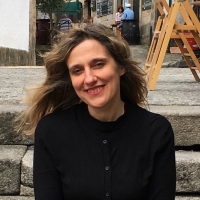Ronitt Rubinfeld was elected into the National Academy of Sciences, and Regina Barzilay and Dina Katabi were both elected to the American Academy of Arts and Sciences.
Ronitt Rubinfeld, also a member of the AAAS, has made fundamental contributions to the theory of computation, where her work has helped influence "the practice of algorithm design, while also ushering in a mathematical revolution via the fields of property testing and linearity testing.”
Rubinfeld is the Edwin Sibley Webster Professor in the Department of Electrical Engineering and Computer Science (EECS), and a member of the Computer Science and Artificial Intelligence Laboratory’s Theory of Computation group. Her research interests include randomized and sublinear time algorithms, with a particular focus on what can be understood about data by looking at only a very small portion of it.
Ronitt received her PhD from the University of California at Berkeley in 1991, and prior to that graduated from the University of Michigan with a BSE in electrical and computer engineering. Before coming to MIT, Ronitt held postdoc positions at Princeton University and Hebrew University. In 1992, she joined the faculty of the Computer Science Department at Cornell University, where she was an ONR Young Investigator, a Sloan Research Fellow, the 1995 Cornell Association for Computer Science Undergraduates Faculty of the Year, and a recipient of the Cornell College of Engineering Teaching Award. From 1999 to 2003, Ronitt was a senior research scientist at NEC Research Laboratories, and in 2004, she was a fellow at the Radcliffe Institute for Advanced Study.
Among other honors, Rubinfeld gave an invited lecture at the International Congress of Mathematicians in 2006. She has been recognized by MIT with the Capers and Marion McDonald Award for Excellence in Mentoring and Advising in 2018, and the Seth J. Teller Award for Excellence, Inclusion, and Diversity in 2019. She became a fellow of the Association for Computing Machinery in 2014 for contributions to delegated computation, sublinear time algorithms, and property testing; and she was elected a fellow of the American Academy of Arts and Sciences in 2020.
The AAAS, one of the nation’s most prestigious honorary societies, is also a leading center for independent policy research. Members contribute to academy publications, as well as studies of science and technology policy, energy and global security, social policy and American institutions, the humanities and culture, and education.
*Regina Barzilay, the School of Engineering Distinguished Professor for AI and Health, has done foundational work in creating machine learning tools to predict and detect breast cancer, as well as profound research in developing ML tools for antibiotic discovery.
*Dina Katabi, the Thuan and Nicole Pham Professor, has cultivated very impactful research through her usage of wireless signals to measure, monitor, and analyze biometric data to personalize health and uncover critical nuances of the human body.
“We are celebrating a depth of achievements in a breadth of areas,” says David Oxtoby, president of the American Academy. “These individuals excel in ways that excite us and inspire us at a time when recognizing excellence, commending expertise, and working toward the common good is absolutely essential to realizing a better future.”
Since its founding in 1780, the academy has elected leading thinkers from each generation, including George Washington and Benjamin Franklin in the 18th century, Maria Mitchell and Daniel Webster in the 19th century, and Toni Morrison and Albert Einstein in the 20th century. The current membership includes more than 250 Nobel and Pulitzer Prize winners.



